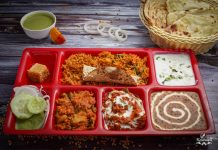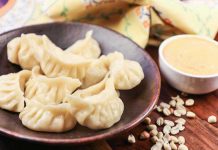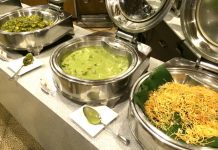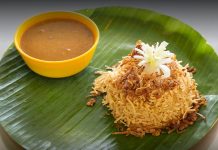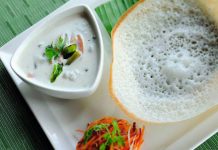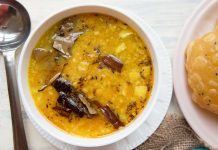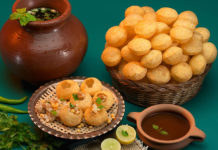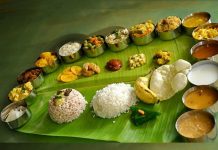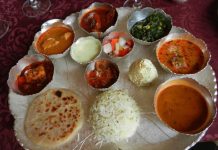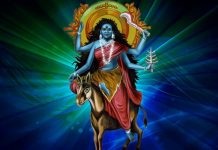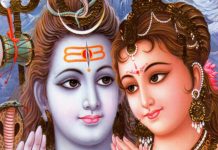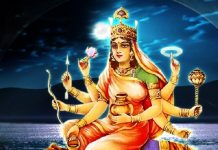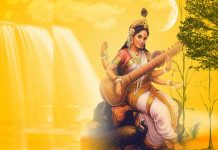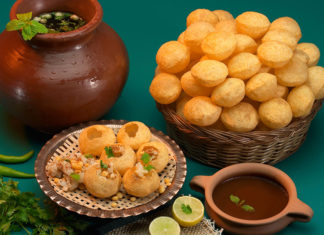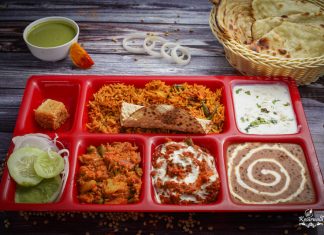Navratri is a festival which is celebrated in almost all parts of India great devotion and excitement. Different stories and celebration style for different states. During Navratri, Dandiya and Garbha nights are organized in many parts of India, like Maharasthra, Gujarat, UP etc., where people gather to enjoy the festival. In West Bengal, from where actually this festival came from, huge Pandals are organized and large idols of Goddess Durga and different avatars are made in them. Devotees decorate them with much innovation and enthusiasm. Also, many types of activities are conducted in these Pandals, which attract people and they spend a memorable time.

Tithi: Navmi
Date: 9th – 10th October 2016 (Sunday)
Start Time (Muhurat): 10:31 PM on 9th October 2016 (Sunday)
End Time (Samapt): 10:53 PM on 10th October 2016 (Monday)
Colour: Sky Blue
Goddess: Siddhidhatri
Devotees open their fasts on the ninth day of Navratri. On this day, girl-children, the “Kuwari Kanya” are worshipped and offered them the “Kanjak” (plate of food comprise poori, chane and kheer or halwa). They are presumed as avatars of Goddess. This particular practice is called ’Kanjak’. Upon beliefe and sankalp of the devotee, Kanjak can either performed on Ashtami or Navmi – 8th or 9th day, respectively. To mark the end of the nine day long navratre, Hawana or Yagya is also conducted in many houses.
About Goddess Siddhidatri
The final or the 9thday of Navratri is devoted to Goddess Siddhidatri. She is the 9th incarnation Goddess Durga. Other names by which Goodess is also known is Lakhsmi. And she represents happiness, wealth, fortune and success. This is a special carnation of Goddess, as she is worshipped by Siddha, Asura, Deva and Yaksha. The meaning of the name Siddhidharti is-siddhi means Perfection, and Datri means ‘’the one who gives, this implies the Goddess which gives all what we deserve.
According to Hindu mythology, there are eight types of Siddhis, they are Vashitva, Prapti, Mahima, Garima, Laghima, Anima, Ishitwa and Prakamya. And all the devotees who worship these Siddhis with full devotion and purity will get the blessings of Goddess. Goddess Siddhidatri sits on a lotus. Goddess is always seen wearing red clothes and has four hands. Goddess holds Lotus, Shankha, Chakra and Bludgeon (Gada) in her hands.
It is also said that Lord Shiva worshipped Goddess Maha Shakti to seek her blessings in the form of all the Siddhis. With the blessings of Goddess Siddhidatri, Lord Shiva gets the blessings and attains the half body of Goddess Shakti, and this is the only reason Lord Shiva is also known as ‘Ardhanarishvara’.
Color of the Day:
The color for the 9th day or the Navami is Sky Blue. The colour signifies the supernatural powers in Devi Siddhidatri who personifies all eight Siddhis. All enthusiastic devotees wear Sky Blue colour on the 9th day of Navratri and decorate the goddess attire either in sky blue or purple.
Navratri Food Fact:
Foods is Navratri is devoid of Onion and Garlic. Here is why people avoid eating onion and garlic during Navratri.
Many reasons can be sited for why people don’t eat onion and garlic on Navratri or various festivals. Many people avoid these because of its strong, pungent smell that spreads from a corner to another and during festivals or Navratri, homes are supposed to be free from any such smell. Dhoop and incense sticks are lit to spread pleasant aroma.
Many people consider onion, garlic as non-veg because these fall under Tamsik category and offensive foods as these lead to adverse body odours. And thus, no onion, garlic, or other such items are included in foods prepared during Navratri.
Maa Siddhidatri Mantra
Mantra –
ॐ देवी सिद्धिदात्र्यै नमः॥
Om Devi Siddhidatryai Namah॥
Prarthana –
सिद्ध गन्धर्व यक्षाद्यैरसुरैरमरैरपि।
सेव्यमाना सदा भूयात् सिद्धिदा सिद्धिदायिनी॥
Siddha Gandharva Yakshadyairasurairamarairapi।
Sevyamana Sada Bhuyat Siddhida Siddhidayini॥
Stuti –
या देवी सर्वभूतेषु माँ सिद्धिदात्री रूपेण संस्थिता।
नमस्तस्यै नमस्तस्यै नमस्तस्यै नमो नमः॥
Ya Devi Sarvabhuteshu Maa Siddhidatri Rupena Samsthita।
Namastasyai Namastasyai Namastasyai Namo Namah॥


